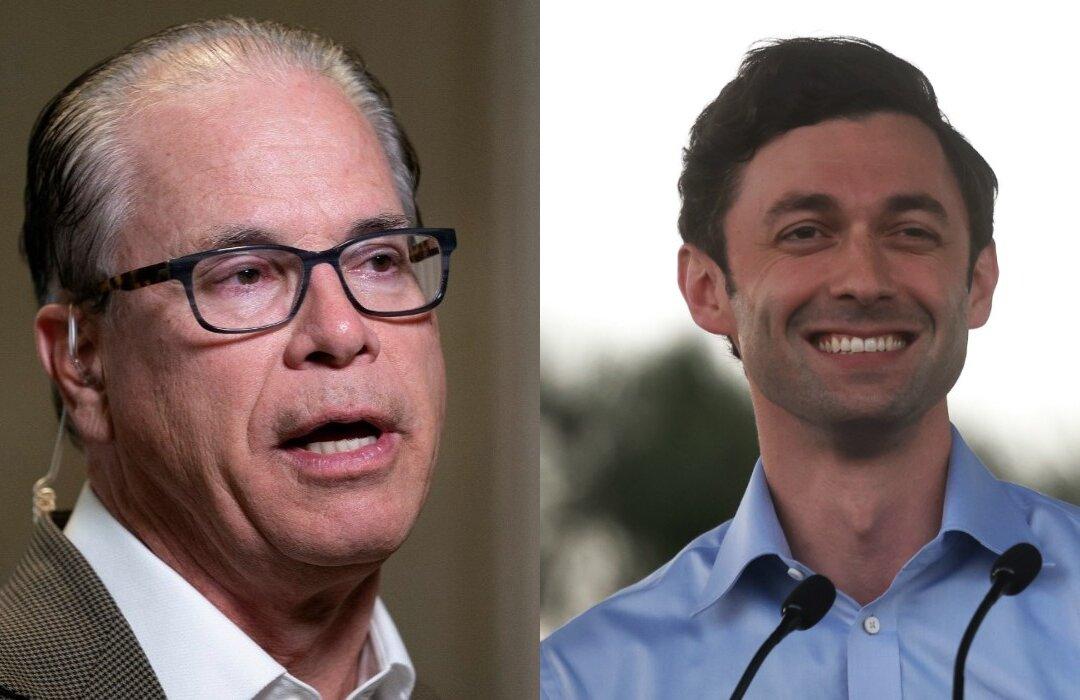A bipartisan group has formed in the Senate to examine concerns over rampant corruption and abuses in the federal prison system.
The group, dubbed the Senate Bipartisan Prison Policy Working Group, is led by Sens. Mike Braun (R-Ind.) and Jon Ossoff (D-Ga.). Senate Judiciary Committee Chairman Dick Durbin (D-Ill.) also is working closely with the group.





